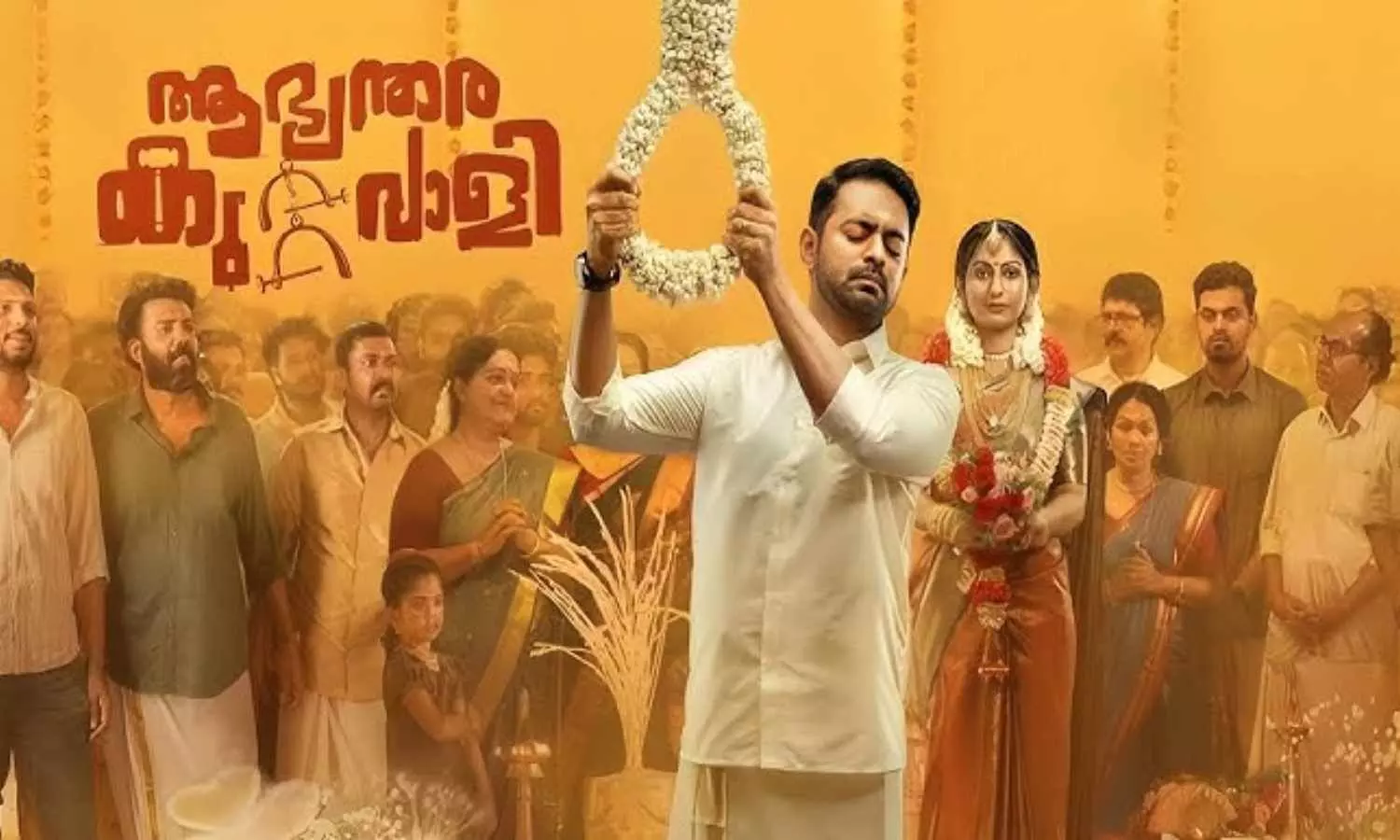‘Aabhyanthara Kuttavaali’ movie review: A one-sided pamphlet against Section 498A
Aabhyanthara Kuttavaali aims to spotlight the alleged misuse of Section 498A, but its narrative leans too hard in one direction, leaving nuance behind.
‘Aabhyanthara Kuttavaali’ movie review: A one-sided pamphlet against Section 498A

Film: Aabhyanthara Kuttavaali
Language: Malayalam
Genre: Legal Drama / Thriller
Director: Rahul Radhakrishnan
Rating: ⭐⭐☆☆☆ (2/5)
In an age where cinema increasingly tackles difficult legal and social topics, Aabhyanthara Kuttavaali sets out with a bold ambition: to explore the controversial misuse of Section 498A of the Indian Penal Code — a provision meant to protect women from domestic violence and cruelty.
However, while the film opens with promise, its intent soon becomes its own undoing.
Storyline
The plot follows Ajay Menon, a middle-class IT professional who finds himself entangled in a legal nightmare after his wife files a case under Section 498A. What starts as a domestic dispute spirals into a public trial that questions not only Ajay’s character but also the fairness of the law itself.
As the courtroom drama unfolds, the film positions itself firmly on one side of the argument: that the law is being systematically exploited by certain individuals. The narrative shows Ajay as an innocent man caught in a manipulative scheme, with very little room given to counter-arguments or complexity.
What Works
Performance Power: The lead actor delivers a sincere performance that grounds the emotional stakes. His portrayal of a man unraveling under legal pressure is compelling, especially in quieter moments of vulnerability.
Cinematography: Visually, the film maintains a muted, realistic aesthetic that suits the legal tone and helps immerse the viewer in its world.
Pacing: The film wastes little time setting up its premise and maintains a brisk pace throughout its runtime.
What Doesn’t
One-Sided Perspective: The film aggressively frames Section 498A as a "weapon" rather than a "shield", failing to engage with the nuances that define real-world cases. It offers little to no space for the voice of genuine victims or legal experts who support the law's original intent.
Missed Depth: Rather than building a layered legal thriller, the screenplay becomes a monologue — a cinematic pamphlet rather than a narrative that invites dialogue.
Dialogue Overload: The courtroom scenes, instead of offering balanced legal debate, turn into preachy rants that feel more like personal opinion than scriptwriting.

